Teaware, an essential companion to tea lovers globally, transcends mere functionality—it is a canvas for artistry, a vessel for tradition, …
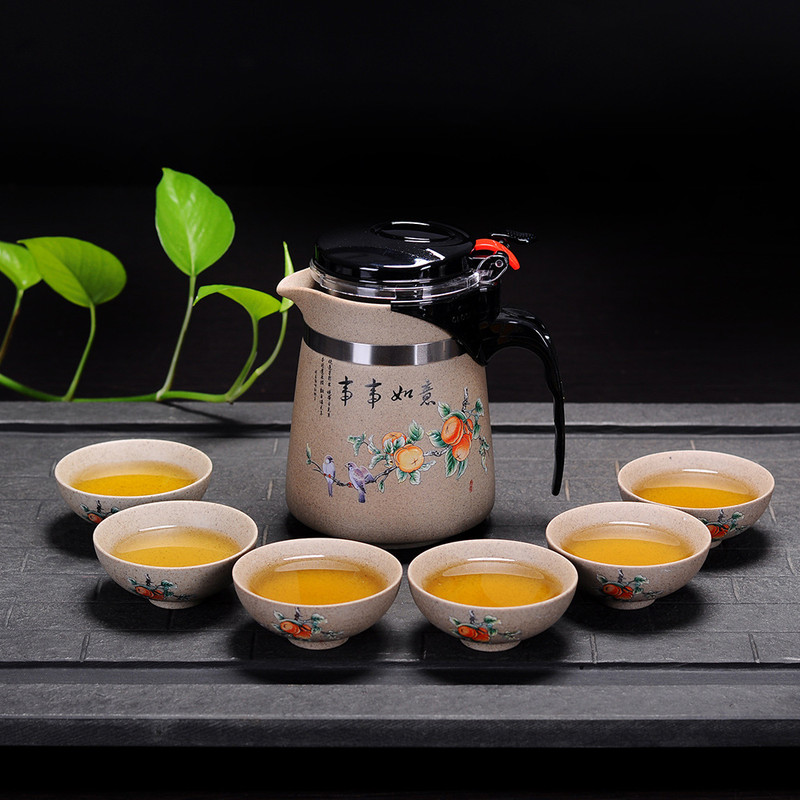

Teaware, an essential companion to tea lovers globally, transcends mere functionality—it is a canvas for artistry, a vessel for tradition, …
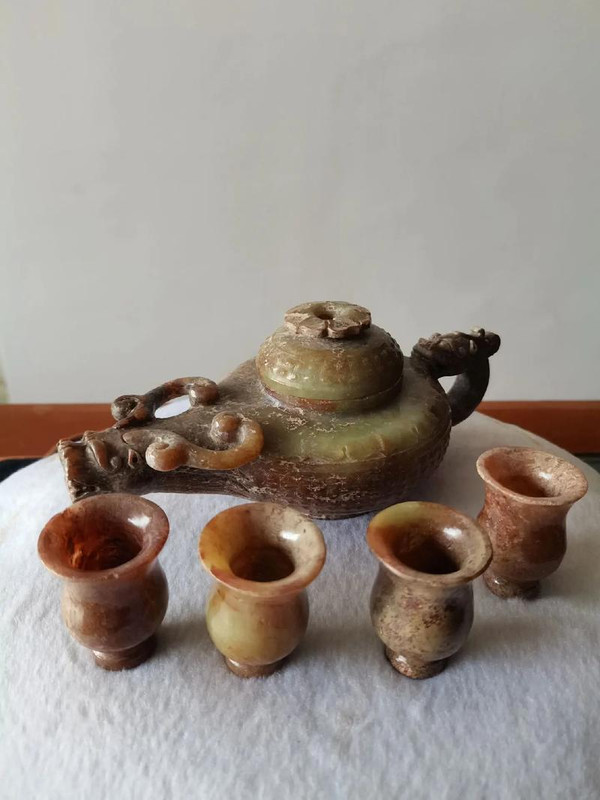
The Han Dynasty (206 BCE–220 CE) marks the formative era for Chinese tea culture, transitioning from the Shang and Zhou …
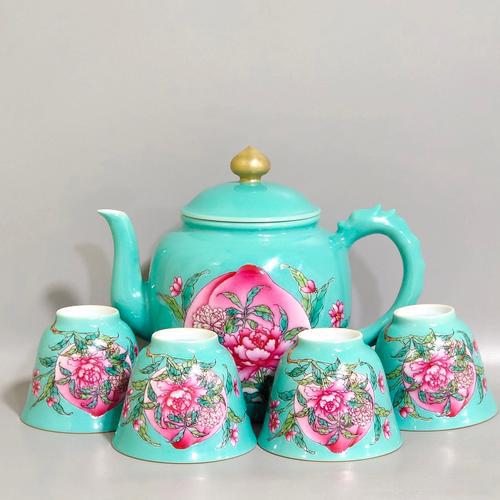
The Qing Dynasty (1644–1912 CE), China’s last imperial era, marked a period of unprecedented artistic opulence and global cultural exchange. …
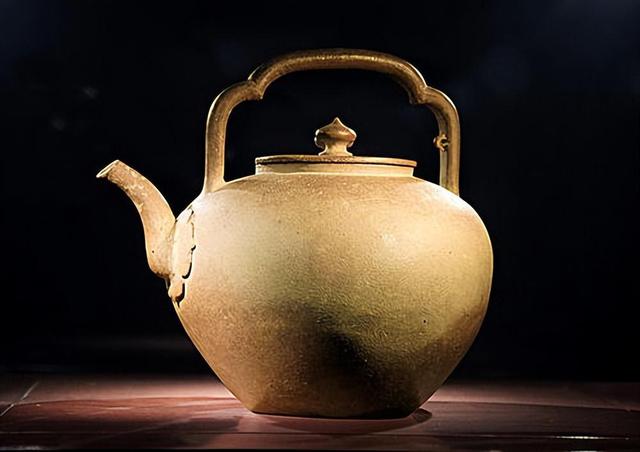
The Ming Dynasty (1368–1644 CE) marked a pivotal era in the evolution of tea utensils, characterized by a deliberate return …
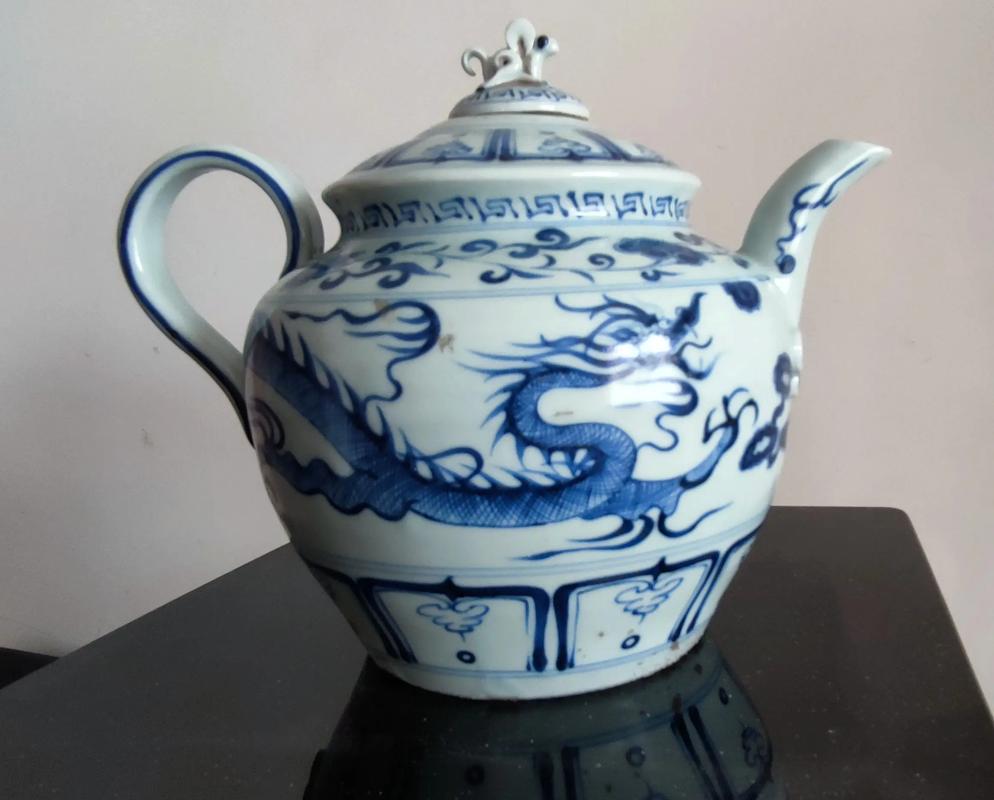
The Yuan Dynasty (1271–1368 CE), established by the Mongol Empire, marked a transformative period in Chinese history. As the first …
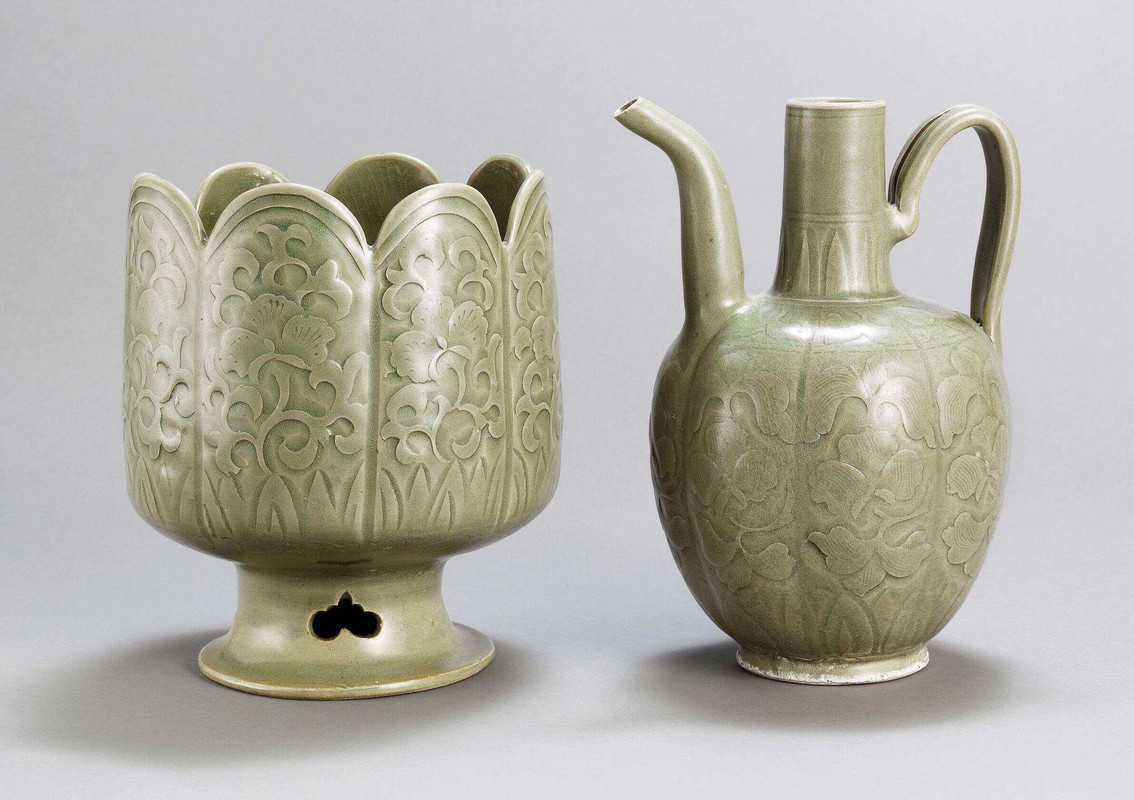
The Song Dynasty (960–1279 CE) marked a revolutionary era in the history of tea utensils, transitioning from the Tang Dynasty’s …
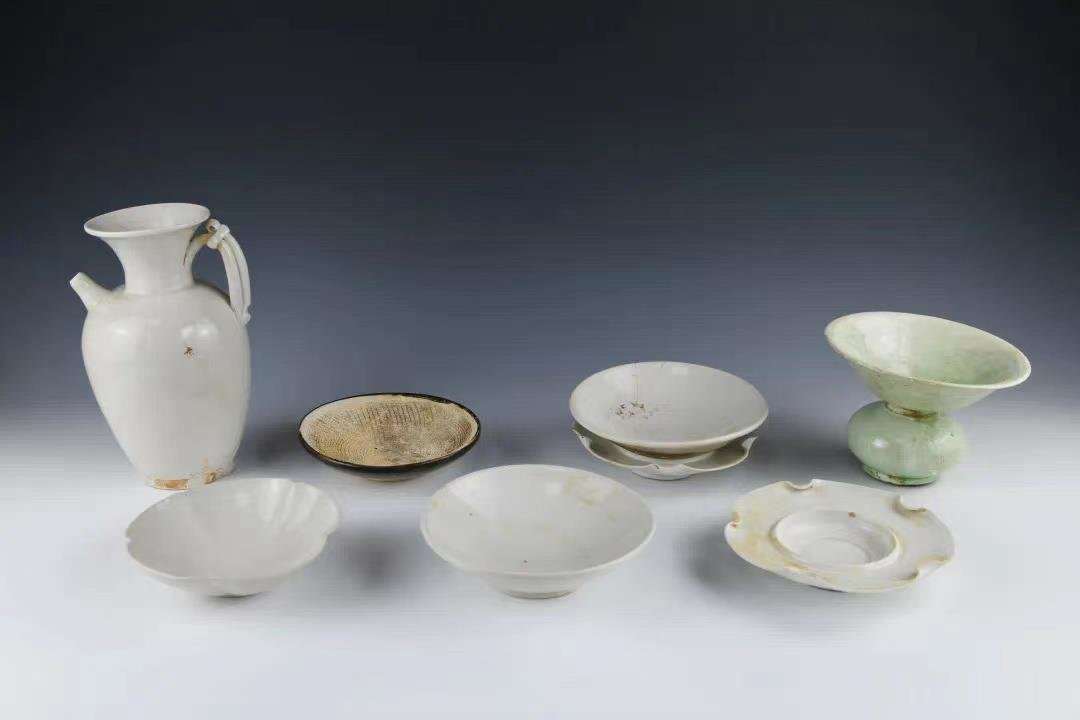
The Tang Dynasty (618–907 CE) marked a watershed in the evolution of tea utensils, transforming them from mundane kitchenware to …
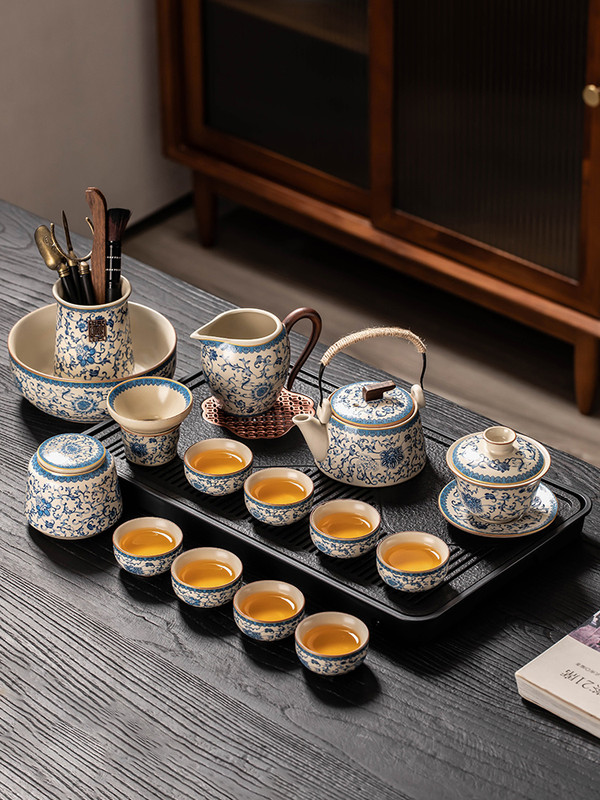
The story of tea utensils is a testament to humanity’s ingenuity and cultural refinement, spanning millennia and traversing continents. From …
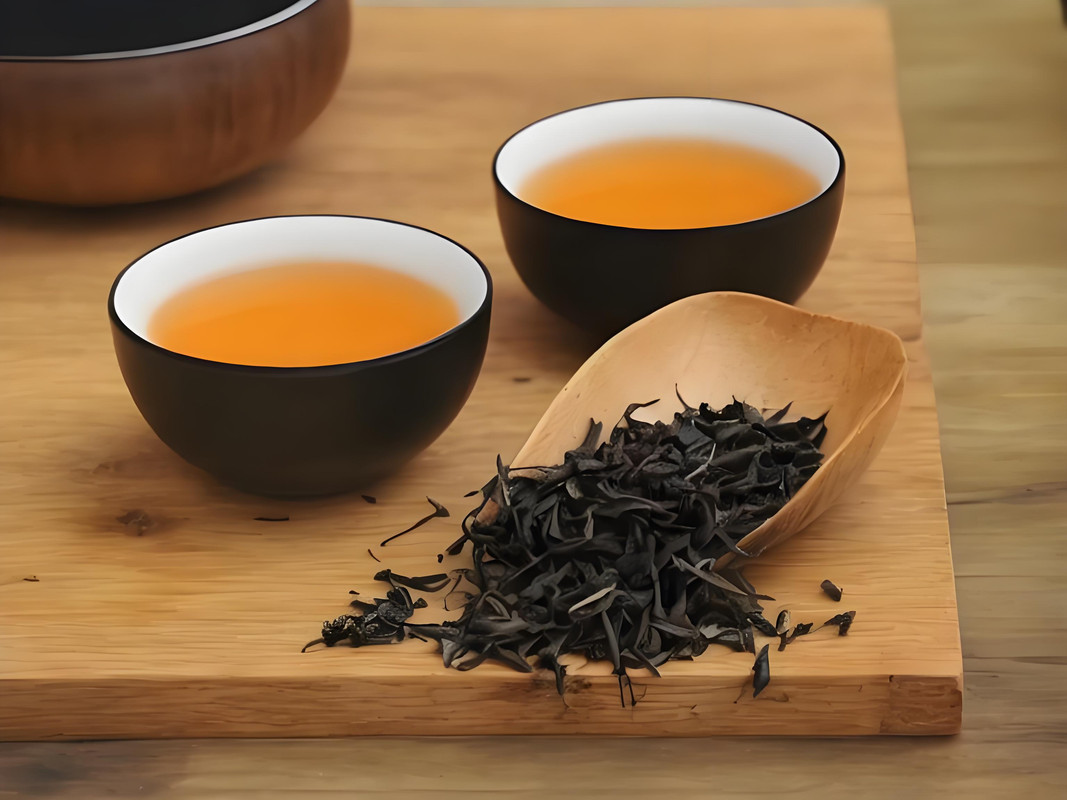
The utilization of tea in ancient China evolved from medicinal and culinary practices to a sophisticated cultural symbol, intertwining with …
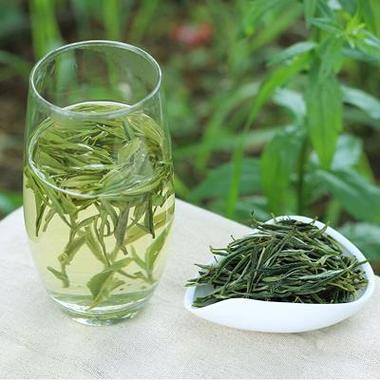
Yes, Chinese tea contains caffeine, but the caffeine content varies significantly across different tea types, primarily due to differences in …